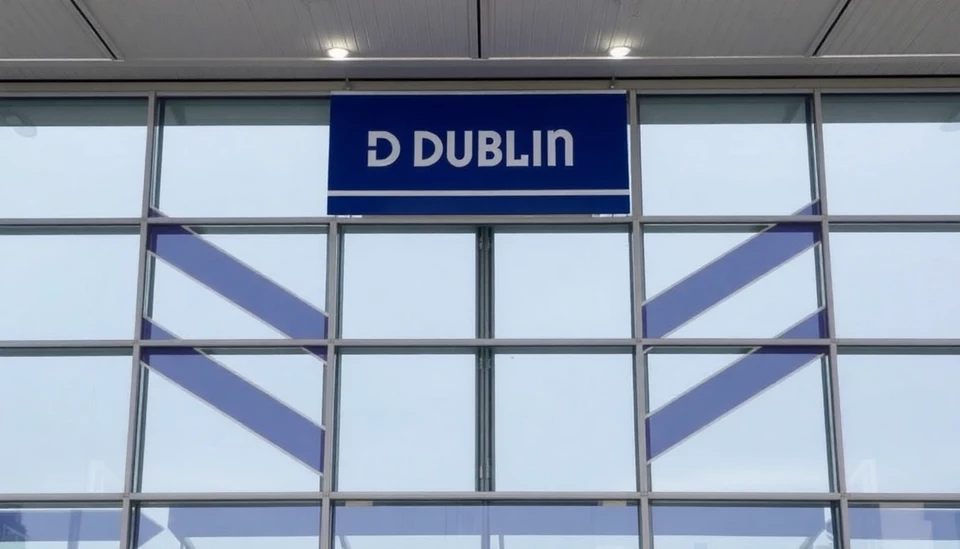
In a significant development that has stirred up considerable debate, the Irish High Court has put a temporary hold on a crucial decision regarding the annual passenger cap at Dublin Airport. This cap, aimed at limiting the number of travelers to 21 million per year, had generated a wave of controversy, drawing passionate responses from stakeholders including the airport's management, airlines, and local residents.
The airport, which is one of the busiest in Europe, has experienced an increasing influx of passengers over the past decade, culminating in a peak of nearly 32 million travelers in 2019. In a bid to tackle issues like congestion and environmental impact, the Dublin Airport Authority proposed this cap. However, the decision faced immediate backlash from various sectors, especially airlines that argued it would adversely affect their operations and limit access for travelers.
Amidst this uproar, the High Court's ruling to pause the implementation of the cap provides a crucial lifeline for those opposing it. This judicial intervention means that the contentious regulations will not be enforced while a thorough review of the arguments presented continues. The timing of this decision is particularly critical, as Dublin Airport prepares for a busy travel season marked by a resurgence in post-pandemic air traffic.
This pause has not only brought relief to operators looking to expand their services in and out of Dublin but also raises questions about the future of airport management policies in Ireland. Advocates for the cap, including environmentalists and local communities, argue that unregulated growth leads to significant complications, including increased carbon emissions and strain on local infrastructure.
As discussions unfold, the focus will now likely shift toward striking a balance between necessary economic growth facilitated by increased air travel and the imperative of sustainable development. Stakeholders are closely watching the High Court's proceedings as they could shape the airport's operational framework and potentially set a precedent for other airports facing similar challenges across Europe.
The outcome of this case remains uncertain, but the Irish High Court's decision signifies a pivotal moment in the ongoing dialogue about the future of air travel management in an era increasingly marked by environmental consciousness and sustainable practices.
For now, all eyes will be on the court as it navigates these complex issues, with implications that could resonate far beyond the confines of Dublin Airport.
#DublinAirport #PassengerCap #IrishHighCourt #TravelNews #AirlineIndustry #Sustainability #EnvironmentalImpact
Author: John Harris




